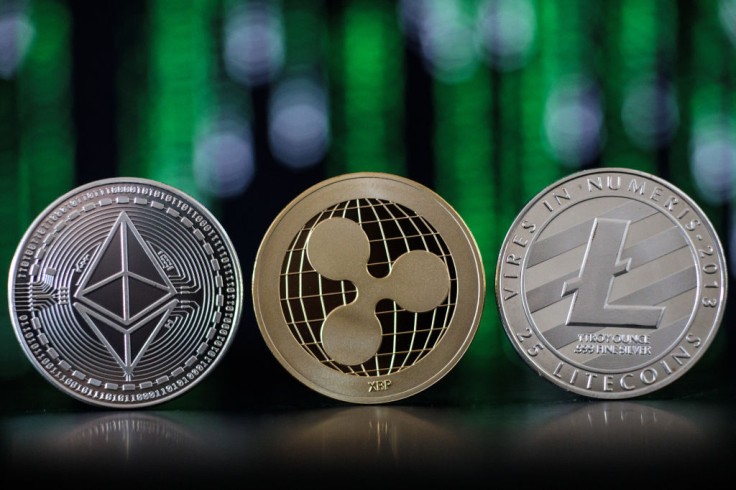
Cryptocurrency investors, we have a question for you: have you ever considered how to secure your crypto wallet against hackers?
It is easy to be complacent these days and just leave it all to the security features of your chosen crypto wallet. However, with the increasing number of hacks and other cyberattacks these days, it is always better to be safe than sorry.
Here are some practical steps and tips on how to secure your crypto wallet against hackers:
Go for Regulated Exchanges
An article by MakeUseOf highlights the importance of avoiding unregulated cryptocurrency exchanges, stating that "their security measures are often not up to the same standards as regulated ones." Should you ever use lose your crypto, the exchange, if unregulated, may only deal with a few repurcussions.
MakeUseOf provides examples of regulated cryptocurrency exchanges in its article, including Coinbase and Gemini.
Password
As an article by CISO Mag points out, one of the basic yet key steps you can make to make sure your crypto wallet is secure is to have a strong password. A strong password is long and is a mix of upper and lowercase letters, numbers, and symbols.
Another basic yet key step you can take is to make sure that this password is regularly changed. It is best that you always make sure that you do not use the same password if you have multiple crypto wallets.
Likewise, it is also recommended that you enable the two-factor authentication or even the multi-factor authentication.
Use a Cold Wallet
CISO Mag points out that a cold wallet, otherwise known as a hardware wallet, is one that is not connected to the internet. As such, this type of crypto wallet are difficult targets for hackers.
Cold wallets are likewise encrypted, which helps to keep its contents secure.
Use a Non-Custodial Wallet
Anyone who begins to invest in crypto gets to pick between a custodial wallet and a non-custodial wallet. MakeUseOf recommends picking a non-custodial one instead. Why?
You can get an idea of why it is more secure based on its definition. According to CNBC, a non-custodial wallet, which is otherwise known as a self-custody wallet, gives you control of your keys as well as ownership of your crypto holdings.
On the other hand, a custodial wallet is pretty much a third-party service that has control of your private keys. "This means that if you buy cryptocurrency through an exchange, you are given a sort of "IOU" for the cryptocurrency, while the exchange owns the private keys and holds the cryptocurrency in their wallet," according to the article by MakeUseOf.
A non-custodial wallet is perfect for those who do not want third parties to have access to their wallets. But as one iconic line would always say, "With great power comes great responsibility." That also rings true with non-custodial wallets.
MakeUseOf points out that you could lose your crypto holdings should you ever lose your wallet.









